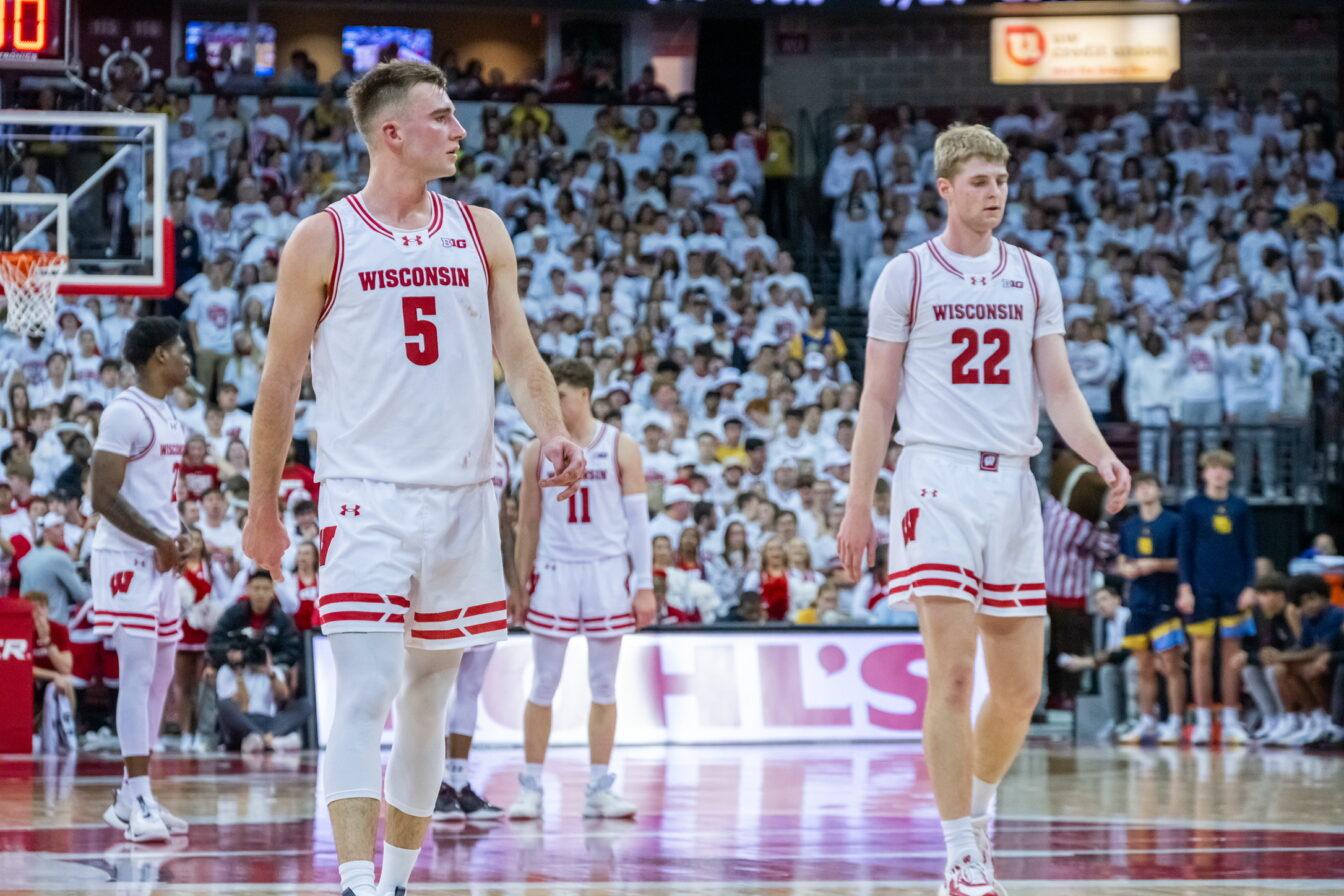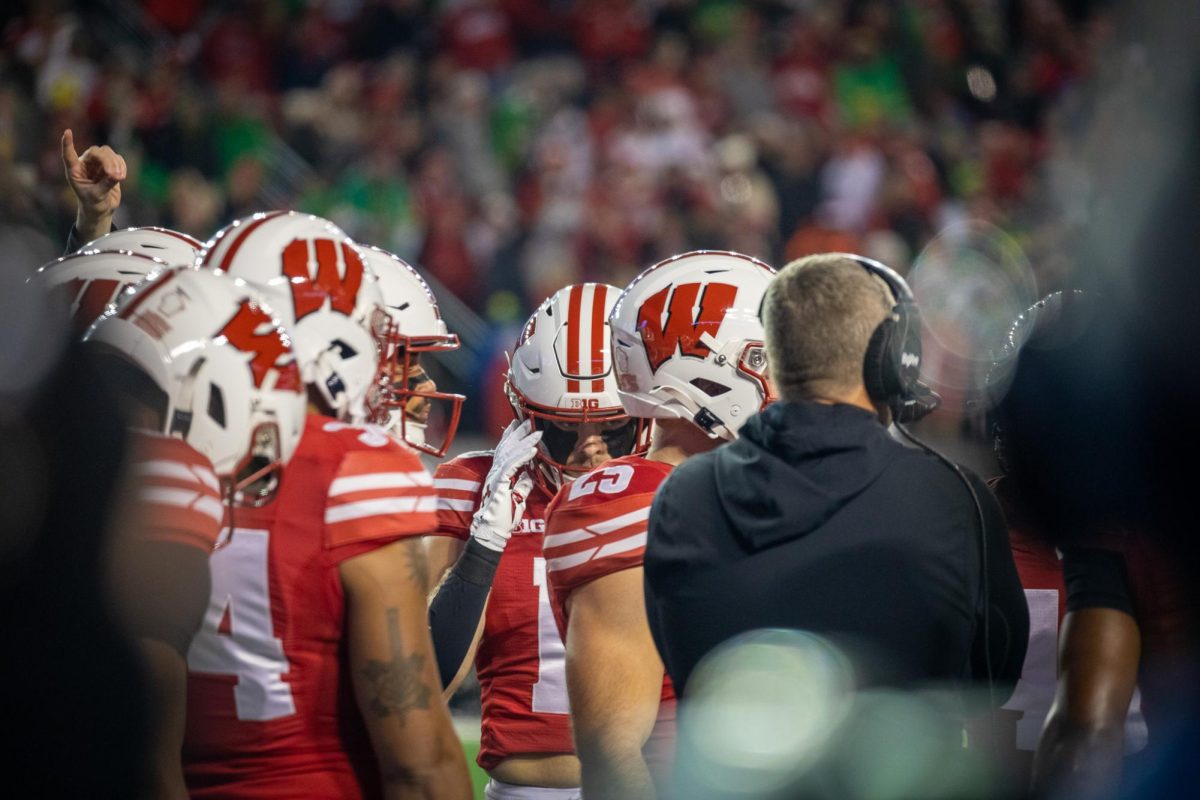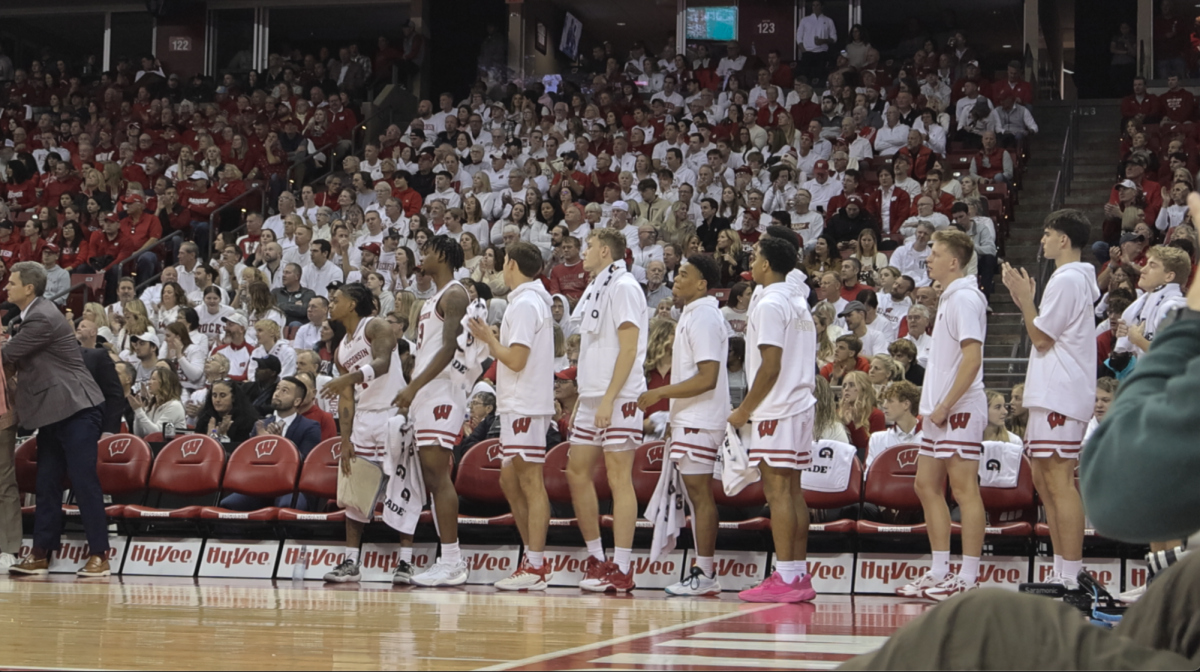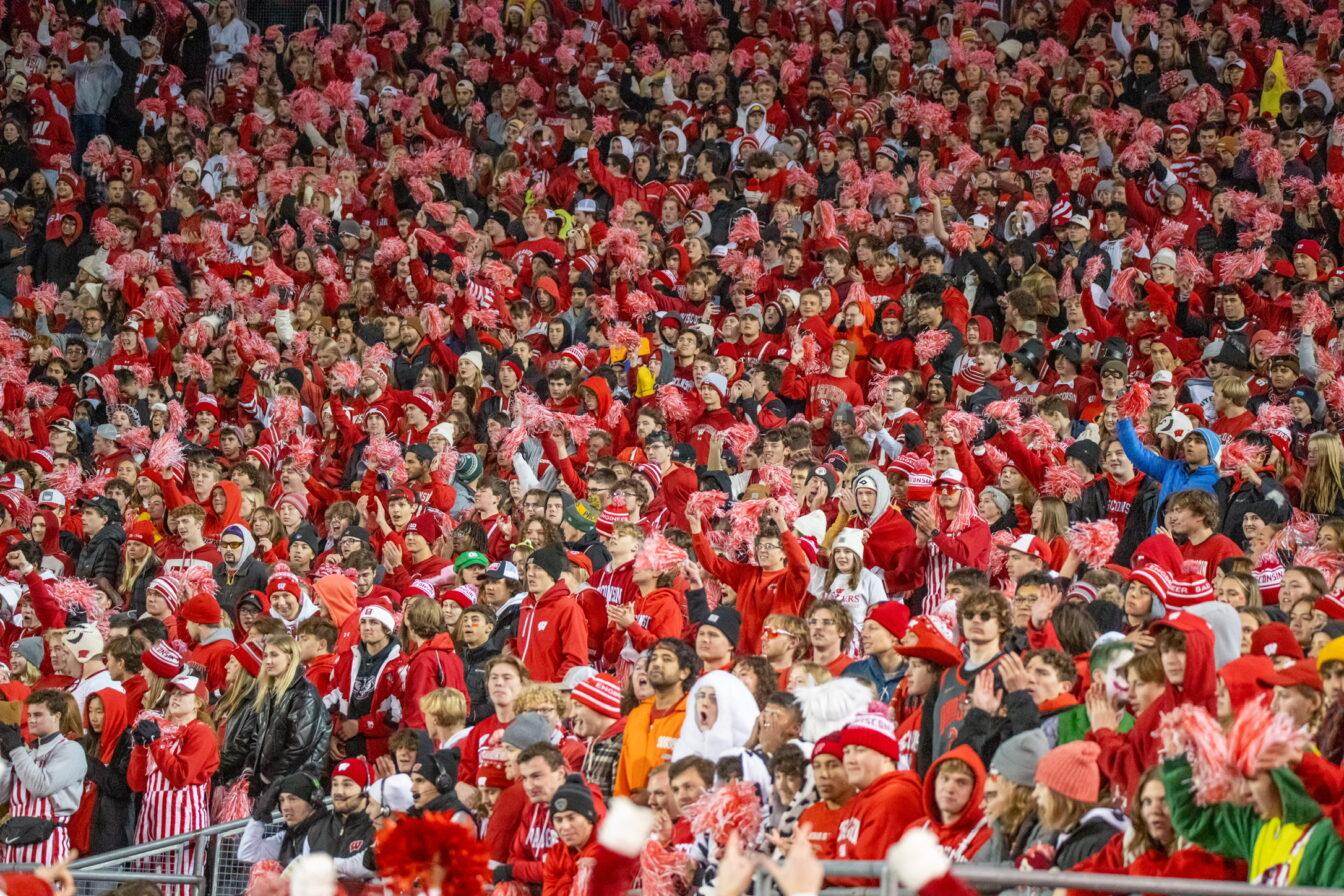In the next few days, Devin Harris will announce his intentions for the upcoming 2004-05 basketball season.
During this announcement, the junior phenom will declare whether he wants to rejoin his Badger mates for a run at another Big Ten title or whether he’d like to cash in on the winning lottery ticket known as the NBA draft.
While everyone — from sports writers and teammates to the loyal followers of Badger athletics — seems to have an opinion on which path he should take, the choice ultimately rests on the shoulders of Harris.
And the clock is ticking.
The Big Ten’s consensus Player of Year has until May 10 to announce his plans. If he opts to declare himself eligible for the draft but doesn’t hire an agent, Harris could prolong his final decision until June 17 and still return to UW.
In either case, however, his timeframe remains rather limited.
So, what are some of the things probably weighing on his mind right now?
As Harris and others in his position have said before, projected draft status plays a key role in determining whether to make the jump or not.
In Harris’s case, this raises some interesting questions.
For one, could his stock get any higher than it is right now?
After a junior campaign that included a 38-point outburst against Minnesota, a consensus Big Ten Player of the Year Award and a conference-tournament performance for the ages, Harris has proven he is ready for the next level.
But while his accomplishments in 2003-04 probably make him a lock as a first-round pick, he isn’t necessarily a lottery choice.
St. Joseph’s guard Jameer Nelson was in a similar position a year ago, and after initially declaring himself eligible for the draft, decided to improve his stock by returning to the Hawks.
This decision paid off, as Nelson not only edged out Emeka Okafor for National Player of the Year honors and led St. Joe’s to an Elite Eight appearance in the Big Dance, but also greatly improved his draft-day status.
Whether Nelson’s decision would warrant similar results for Harris is debatable, though.
With the additions of Sharif Chambliss and Brian Butch and the return of Alando Tucker, the Badger lineup adds three capable scorers to next year’s team.
Harris’s junior campaign served as a case study in how a guy can carry a team on his back, but he would no longer be asked to carry so much of the scoring load.
If Harris opts to return, it would still be his show, and he’d still be the guy the team turned to in crunch time. But with Butch, “Reef” and Tucker, along with Wilkinson, the Badgers will have plenty of firepower at the offensive end next season.
There are two ways to interpret the impact this added firepower could have on Harris’s stock.
The one that weighs in his favor is the Badgers’ potential to be a serious national title contender next season.
Dave Mader, Ike Ukawuba and Freddie Owens are the only senior departures, and some college basketball pundits have already mentioned the Badgers as a preseason top-10 team.
With added talent and wins, so too comes added media hype and exposure — both of which would be beneficial to Harris regardless of a dip in his scoring average.
For the sake of argument, however, let’s say Wisconsin doesn’t live up to all the expectations, and Harris has a statistically down year compared to 2003-04.
What would his draft-day stock look like then?
While unlikely, this is the hypothetical scenario in which the additions of Butch, Chambliss and Tucker could actually hurt Harris come time for his date with the draft.
Other than the implications that go along with a dip in his scoring average, another more universal issue is whether returning to UW would be worth waiting on his career in the NBA.
The opportunity to play against the best in the world and get paid millions of dollars to do it sounds like a pretty enticing offer.
But it’s an offer some players in Harris’s position have, in fact, waited on.
Emeka Okafor and Jameer Nelson waited, and both were consensus First Team All-Americans this season.
Although not as highly touted as Harris following his junior year, Maryland’s Juan Dixon waited and won a national title his final year with the Terrapins.
Tim Duncan waited, and he wound up being the first pick overall in 1997.
While waiting a year has paid dividends for Okafor, Nelson and a number of other players, there hasn’t been a glaring example of a basketball player who finished out school and suffered because of it — at least not in recent memory.
One could say UW’s Michael Finley had a disappointing senior campaign in 1995, but he was still selected in the first round as the 21st overall pick.
So, basically, Harris seems to be in a win-win situation.
He can either jump to the pros, make millions of dollars and not delay the inevitable, or he can stay in school, have a legitimate shot at winning a national championship and even further solidify his legacy as one of the best players to ever don a Badger uniform.
Either way, his future looks pretty bright.







